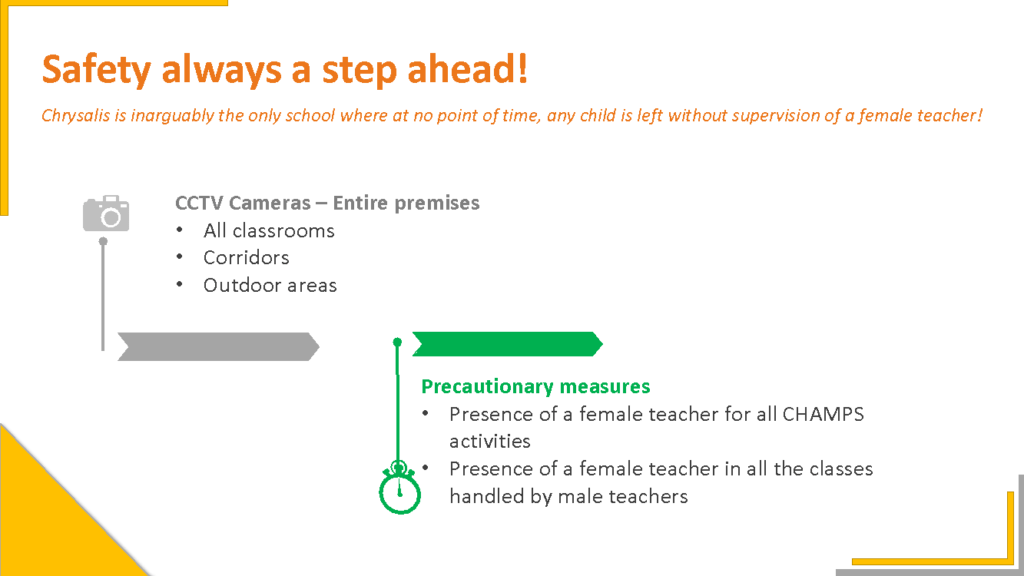Explore the Japanese election process, from its political system and voting procedures to vital political parties and reforms. Read now about the Japan Election!
Introduction to Japan Elections
Japan’s election process is a cornerstone of its democratic system, ensuring that citizens have the power to choose their leaders and influence national policies. Regular elections in Japan mean that voters are provided with a say on the different levels of government. The process is influenced by its unique political culture and history but operates within a framework of parliamentary democracy. There are several broad voting events that make up the elections in Japan, which elect not only national lawmakers but also local officials. Understanding how these elections work is essential for an understanding of broader political dynamics in one of Asia’s most influential countries.
Types of Elections in Japan
There are several types of elections in Japan. Each has a definite purpose within the political system of that country:
General Elections (Lower House Elections)
The most important national elections are the ones for the lower HouseHouse of Japan’s parliament, the House of Representatives. Elections occur every four years; however, on occasion, the prime minister dissolves the HouseHouse to call for elections within a shorter time frame. Elected members serve from both the single-member districts and proportional representation blocks, making this a mixed-member system.
House of Councilors Elections
The House of Councillors is Japan’s upper House, and members are elected every three years for half of the 245 seats. Like here, this is a mixed system of single-member districts and proportional representation. Although less powerful, the upper house vets legislation and approves budgets.
Local Elections
The regional and municipality governments have the elections of local governors, mayors, and assemblies. These are considered crucial elections as some policies that espouse communities are mainly decided at this level and usually take place every four years, though specific jurisdictions may vary.
Referendums
Though not very often, Japan occasionally uses the voting power of nationals in national referendums on vital issues, like changing a provision in its constitution. This is somewhat rarely used because it aims to resolve major national issues wherein the people need to become involved firsthand.
The Role of the Prime Minister in Japan’s Elections
The election of the Prime Minister in Japan is indirectly related to national elections. Indeed, Japan operates a parliamentary democracy system, meaning that the Prime Minister does not directly come to power by popular election. Instead, the Prime Minister is nominated and elected by the members of the House of Representatives, which is the lower HouseHouse in a general election.
The Prime Minister typically comes from the party or coalition holding the majority of seats within the House of Representatives. Though Japan’s constitution calls for the Emperor to appoint the Prime Minister, it is really a choice by the elected members of the National Diet. The Prime Minister plays an immensely significant role in forming a cabinet, facilitating policy priorities and speaking out on behalf of Japan to the world at large.
Challenges and Reforms in Japan’s Election Process
Japan’s electoral system has been well-troubled, which leads to periodic reforms to improve both the fairness and effectiveness of the process:
Voter Turnout: Although Japan is a democracy, its voter turnout has some of the world’s lowest, particularly in its upper House. Among the reasons is voter apathy; people have lost trust in political parties, and often, candidate choices are monolithic. However, efforts to increase participation continue to this day.
Electoral System and District Representation: Japan’s mixed-member system has been highly unpopular because it creates “malapportionment,” where votes in rural districts are counted as heavier than votes in urban ones. A reform proposal introduced redistricting to alleviate this criticism, which the Diet did in 2022. However, critics say there is much more to do to balance every citizen’s vote truly.
Campaign Finance and Political Influence: Such a concern with the influence money brings to politics relies on this arena of campaign financing. Amongst reforms that target political donation transparency, there is an issue about raising or spending funds for campaigns.
Technology and Voting Access: The Japanese election system is still based on paper despite new pressures for digital voting and online registration. This may have been the very factor that has made this system successful as regards reliability; however, new mounting pressure from making voting procedures more modernized for accessibility, especially to the younger generation who is more comfortable with digital platforms.
The Future of Japan’s Election Process
Many factors are likely to shape the future face of Japan’s electoral process. Demographic characteristics and factors, such as Japan’s ageing population, affect voter turnout and the locus of political activity. A long history of LDP dominance may be challenged by newer political movements that demand changes in the electoral system.
Ranked-choice voting is yet another area of reform that would help to redress the dissatisfaction with the current mixed-member system. While digitalization of the voting process and online platforms would ease access in time for expatriates and younger voters, it would need sensitive handling of security and privacy concerns. Japan’s electoral process will be compelled to change with the political winds and, therefore, must be fair, inclusive, and responsive to the will of the people. If so, elections in Japan might become even more robust and engaging for citizens as they participate in the democratic process and continue to enjoy the strengths demonstrated by the Japanese system of politics over the decades.
FAQs:
Any Japanese citizen aged 18 or older is eligible to vote in national and local elections. Japan lowered the voting age from 20 to 18 in 2016 to encourage greater youth participation in politics.
No, foreign residents are not eligible to vote in Japan’s national or local elections. Only Japanese citizens have the right to participate in these elections.
The Emperor of Japan is a symbolic figurehead and has no governing power in elections. However, the Emperor performs ceremonial duties, such as officially appointing the Prime Minister, based on the decision of the elected officials.
Political parties in Japan receive representation in the proportional representation portion of elections based on the votes they receive. This allows smaller parties to gain seats even if they don’t win single-member district races, encouraging a more diverse political representation.


